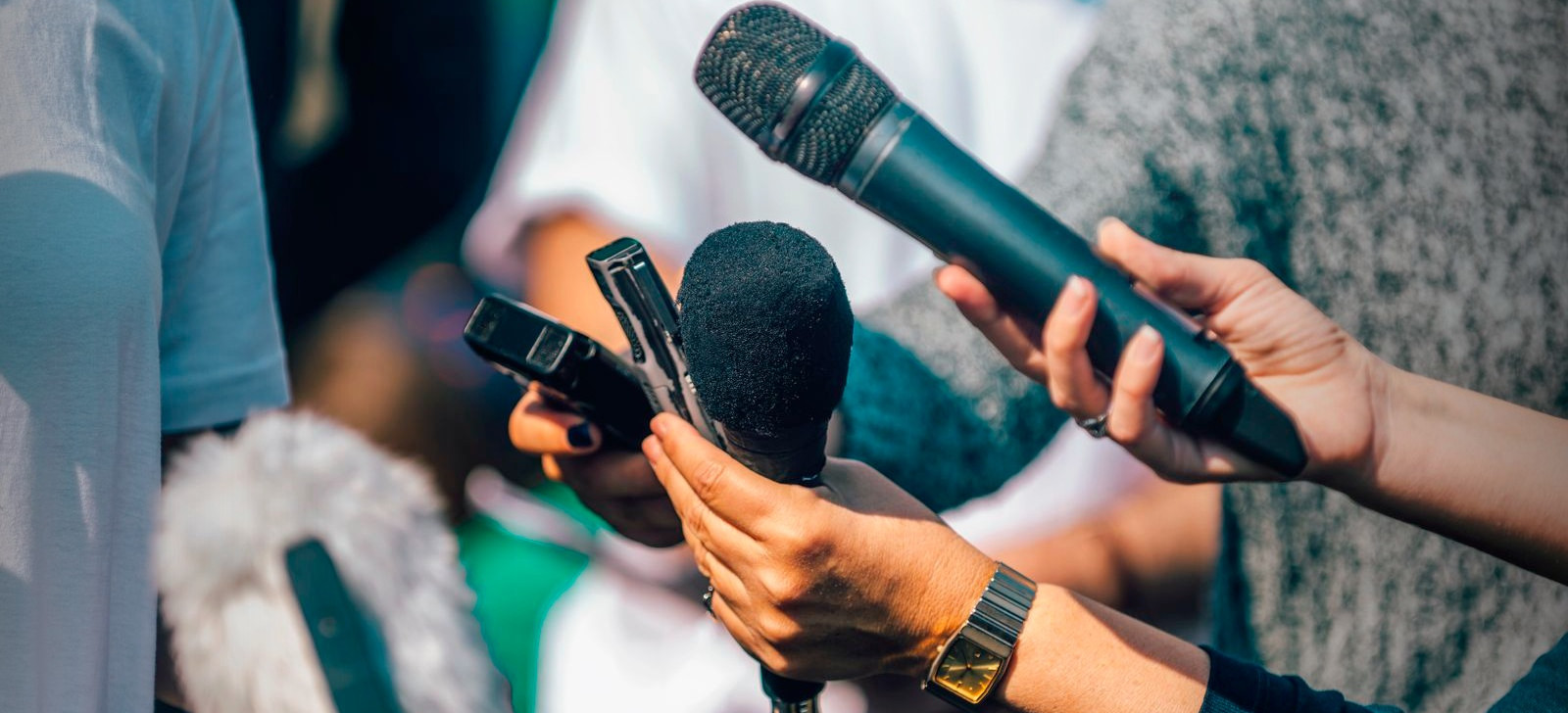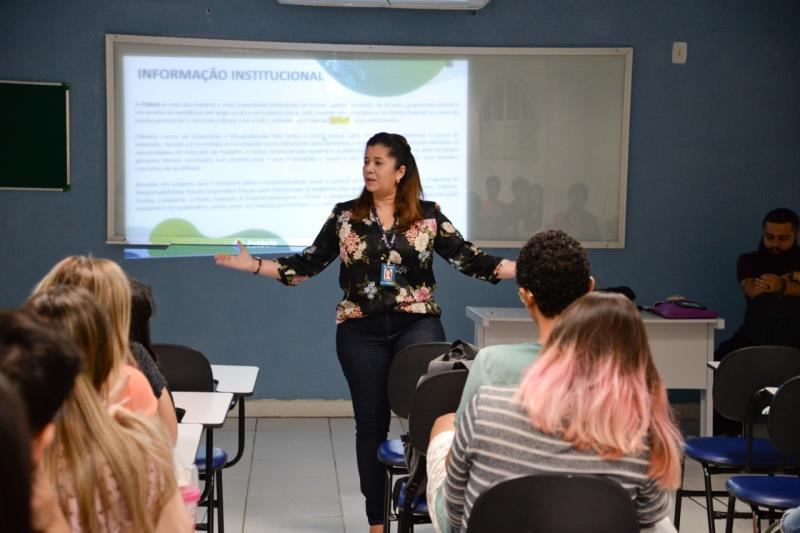Journalist Day in Brazil marks resistance of reliable information
07 de April de 2025

By Fabyo Cruz – From Cenarium
BELÉM (PA) – On this 7 April, when Journalist Day is celebrated, a recent survey helps shed light on the relevance and challenges of the profession in times of misinformation and frantic content consumption. The study “Media Credibility”, conducted by the data intelligence agency Ponto Map in partnership with V-Tracker and published by the newspaper Valor Econômico, reveals that despite the popularisation of social media as the main source of information, professional journalism remains the most credible medium among Brazilians.
The survey shows a significant reversal between the most accessed and most trusted channels: while social media leads in usage frequency (74%), it is also among the least trusted (41%). In contrast, outlets such as radio, pay TV and print media, despite having lower access rates, appear as the most respected. Radio, for example, has 81% trust, although only 47% of respondents access it.

To better understand this scenario, CENARIUM spoke with journalist Arcângela Sena, university professor and communication entrepreneur. With a broad trajectory in both training and practising journalism, she analyses the data with optimism, without overlooking the challenges posed by digital transformations.
“The credibility of professional journalism remains a fundamental pillar, even with the rise of social media. This shows that, despite the avalanche of information, the public still recognises the importance of rigorous investigation, ethical commitment and responsibility to the facts. The challenge is to maintain and expand that recognition,” says Arcângela.
Drawing attention in the survey, radio remains the most trusted medium, even in an increasingly digital ecosystem. According to Arcângela, this is due to its historical connection with the daily lives of the population. “Radio has an emotional connection. It delivers speed with credibility and has adapted well to new platforms. It is a medium that reinvents itself without losing the essence of direct connection with the listener,” she says.
Despite changes in audience behaviour, Arcângela defends the importance of traditional formats such as print and radio journalism in building a critical society. “They offer depth, context and editorial responsibility—indispensable elements for a broader understanding of reality,” she emphasises.
Faced with the dichotomy between the most accessed and most trusted media, the university professor believes professional journalism must reposition itself intelligently: “Journalism must go where the audience is, but without giving up its principles. This requires accessible language, innovative formats and active listening. Credibility is built with consistency, not with easy concessions.”

As a professor, Arcângela closely observes the relationship young journalists have with credibility. “They bring an important restlessness, question formats and want to connect with the audience. When well guided, these new generations understand that credibility is the journalist’s most valuable asset.”
Times of Immediacy
She also shares the challenges of the profession in times of immediacy. “Keeping calm under the pressure of being the first to report something is a constant challenge. Speed, if not accompanied by verification, can compromise the audience’s trust—and lost trust is hard to regain.”
In the realm of social networks and messaging apps, where access frequency is high but trust is low, Arcângela advocates for the active role of professional journalists. “They must act as curators of information—with clarity, responsibility and empathy—combating misinformation and promoting qualified dialogue,” she asserted.
Faced with the rise of artificial intelligence and fragmented news consumption, she believes in a hybrid future for journalism. “AI can be an ally in automating tasks, but a critical, ethical and humanised view will continue to be the edge of flesh-and-blood professionals,” she said.
Journalist Day
At the end of the interview, she commented on the importance of celebrating Journalist Day in a context where the profession is constantly battling for public attention and trust. “Celebrating Journalist Day is reaffirming the commitment to truth, democracy and public interest. It is also a moment to recognise those who face daily risks and challenges in the name of a collective good: quality information,” she said.
Arcângela also offered a piece of advice to those entering the profession now. “Have purpose. Study, question, listen. Keep your integrity above the search for likes. Journalism changes, but its essence—to investigate, inform and educate—remains an indispensable mission,” she concluded.

